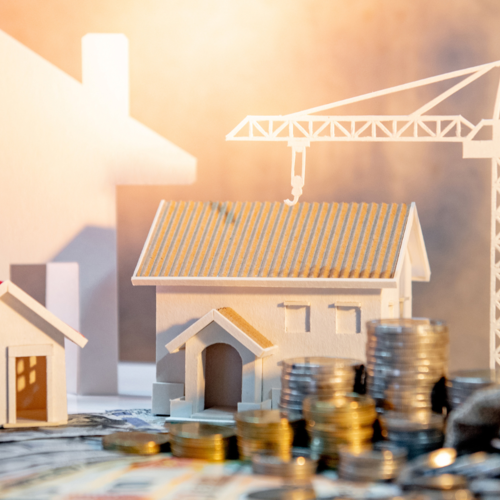Last week, I shared some of the changes that have disrupted the real estate market. Here are a few more.
Natural Disasters
Although there have always been natural disasters, the pace and intensity have certainly increased in recent years. For example, when I was growing up in the Ukiah Valley, we didn’t expect wildfires every year. Hopefully, the government will catch up with the need for prescribed burns and loosen restrictions, so wildfires are not as devastating in the future.
Obviously, the most important impact of wildfires is the loss of life and property. The trauma for those who have experienced these losses cannot be overstated. From a real estate broker’s perspective, these wildfires have reduced the housing supply. They have also increased the cost of rebuilding, especially with current building codes. It is expensive and time consuming—at a time when we already face a serious housing shortage.
The other huge impact of climate change on the housing market is the difficulty of finding affordable insurance. In the last two years, many people’s premiums have doubled for the same (or less) coverage. For me, a friend and I own a building made of steel on South State Street. Our insurance costs have tripled in the last year, ostensibly because of an increased fire threat.
Finally, climate change is impacting future building locations and conditions. Years ago, an oak woodland with a clearing may have earned a higher sale price than it does now. Those oaks that were an asset ten years ago may now be considered a liability.
Geopolitical Concerns
Even little ole Ukiah is affected by state and national politics. In this case, housing is impacted by energy prices, and energy is heavily influenced by politics.
Not only is a lot of energy required to produce and ship construction materials to build homes, but government regulation necessitating solar panels, insulation, thermal pane windows, and other elements that affect long-term energy use will continue to increase the cost of housing.
Cybersecurity
Although cybersecurity isn’t a huge disrupter in real estate, the hacking of escrow instructions telling a buyer to send their down payment to a new “secure” link is still a problem for those who do not listen to their Realtor. DO NOT believe emails that change your funding destination. Always verify the link with someone you know—your escrow officer, your loan officer, your Realtor.
E-commerce
Like cybersecurity, e-commerce isn’t a big disrupter. However, California passed a new law allowing for remote notaries, which will be great. Many states have already done this successfully, but it will still take some time to implement it here. In the not-too-distant future, if you’re in a foreign country, for example, you’ll be able to sign documents that require a notary without having to find a consulate or embassy.
3-D Printing
Possibly one of the biggest disrupters to construction and real estate in the decades to come will be having houses “printed” onsite. 3-D printers may use a concrete-based substance and computer-generated home designs to print the home into existence.
It’ll be interesting to see how technology continues to evolve, and with it, our daily lives.
If you have questions about property management or real estate, please contact me at [email protected] or call (707) 462-4000. If you have an idea for a future column, share it with me and if I use it, I’ll send you a $25 gift certificate to Schat’s Bakery.


